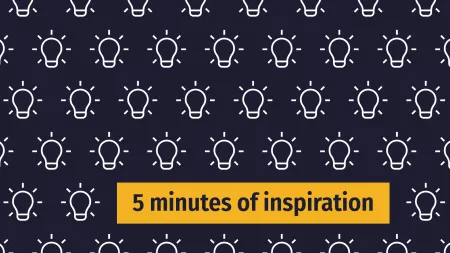When evaluators went to check CARE’s work providing clean water to refugees in Sudan, one of their key findings was that there were no long lines for people to wait in order to get clean water. I had never considered that as a way to measure success—how long do people have to wait? But if you’re a refugee, it can make a world of difference. I don’t like it when it takes too long for the (clean, drinkable) water in my shower to get hot in the morning. Imagine having to wait in line to collect just a few liters a day.
Self Sufficiency in WASH Responses operated in Sudan in 2018 with $2.1 million in funding from ECHO. It reached 293,300 people in refugee camps in Sudan.
What did we accomplish?
- People got enough water: 293,300 people got access to clean water who did not have it before. Average water consumption after the project is 18 liters per person per day—better than the minimum humanitarian standard of 15 liters per person per day.
- Communities are cleaner and safer: 117,773 people got access to sanitation, which means they have healthier and safer communities. Communities even built action plans for collecting garbage to ensure that their environments stay clean.
- Systems are more sustainable: The project built and sustained operations in 47 clean water sources and 286 toilets, which have monthly quality tests and local management committees who keep the systems running.
- Women are becoming more visible: Women were a key part of the response, stepping up to become social mobilizers who got their communities engaged to take action on clean water and better sanitation facilities.
How did we get there?
- Focus on market solutions: The project piloted a voucher program to have people pay for water, which helped make sure that communities were bought into the idea of paying for services. Ultimately, 5,000 people adopted that system. The project also paid refugees to build toilets, so they could earn a living and contribute to their communities.
- Get women involved: The project conducted separate consultations with women about water needs, and required that water committees have some women in them so that women’s voices were a key influence in the conversations about what to do.
- Share information: The project conducted education sessions for nearly 75,000 people on the importance of WASH.
- Think long term: The project arranged to handover infrastructure and management to local groups so that there was a plan for running them and maintaining water quality long term.
- Listen to complaints: The project setup feedback and complaints mechanisms to make sure that they were fixing problems as they came up, and communities were getting what they needed.
Want to learn more?
Check out the evaluation.
